Category: State
-
Rate of state legislative incumbents facing contested primaries in Pennsylvania at its highest since 2014
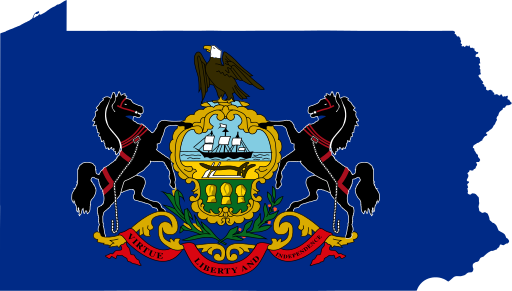
Forty-two of the 190 Pennsylvania state legislators running for re-election this year—20 Democrats and 22 Republicans—face contested primaries. That equals 22% of incumbents seeking re-election, the highest rate since 2014. The remaining 78% of incumbents are not facing primary challengers. A contested primary is one where more candidates are running than there are nominations available.…
-
Challenger receives 62% of vote in primary, will face incumbent in Nebraska State Board of Education election in November

Elizabeth Tegtmeier and incumbent Robin Stevens advanced from the primary for Nebraska State Board of Education District 7 on May 10, 2022. Based on unofficial returns, Tegtmeier received 62.4% of the vote, Stevens received 20.4%, and Pat Moore received 17.2%. District 7 includes 44 counties in western Nebraska. At the center of this primary was…
-
Jim Pillen wins Republican primary for Nebraska governor
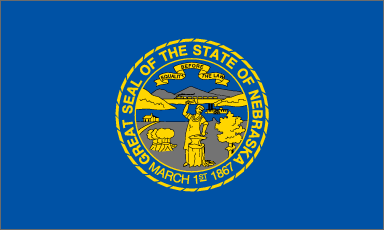
Jim Pillen defeated eight other candidates in the Republican Party primary for governor of Nebraska on May 10. Incumbent Gov. Pete Ricketts (R) was term-limited. Along with Pillen, Charles Herbster and Brett Lindstrom led the primary field in endorsements, funding, and media attention. The Lincoln Journal Star’s Don Walton wrote on May 1 that the primary had…
-
New Hampshire enacts new state senate map
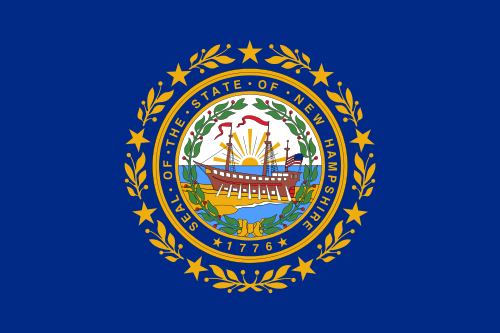
New Hampshire enacted new state senate districts on May 6, 2022, when Gov. Chris Sununu (R) signed a proposal that both legislative chambers approved into law. The maps will take effect for New Hampshire’s 2022 state legislative elections. On February 16, the New Hampshire Senate passed a map in a 14-10 vote, which the House…
-
Signatures submitted for ranked-choice voting initiative in Missouri

The Better Elections campaign submitted petition signatures on May 8 for a top-four ranked-choice voting initiative in Missouri. The campaign stated that more than 300,000 signatures were submitted. If enough signatures are verified, the measure will appear on the ballot in November for Missouri voters. If implemented, this measure would change the electoral system for…
-
2020 presidential election at the center of Republican primary for Georgia Secretary of State
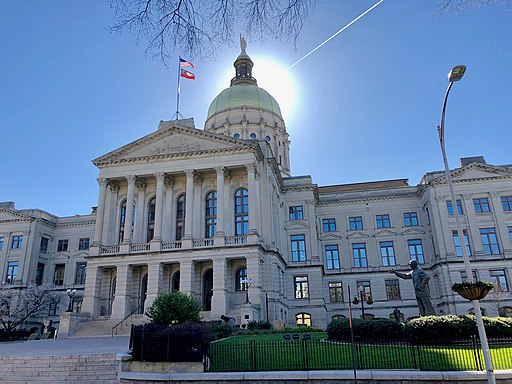
Four candidates are running in the Republican primary for Georgia Secretary of State on May 24, 2022. Incumbent Brad Raffensperger and Jody Hice have performed best in polling. If no candidate receives more than 50 percent of the vote, the top two finishers will compete in a runoff election. Former President Donald Trump (R) endorsed…
-
Five candidates running in the Georgia Republican gubernatorial primary
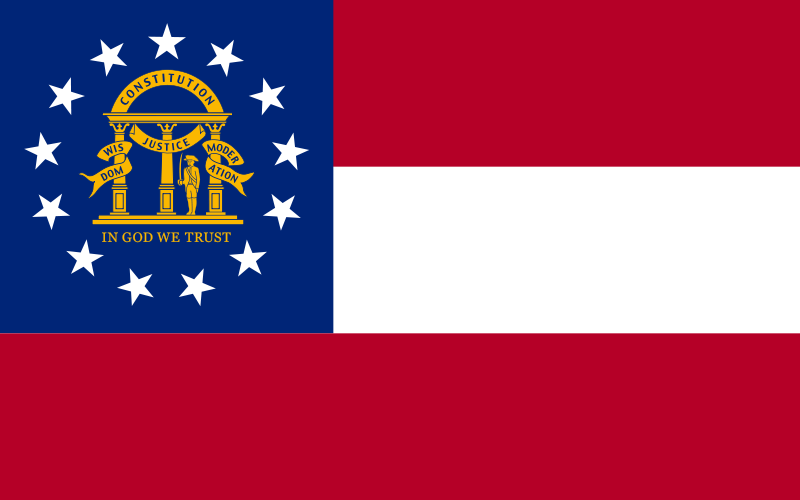
Five candidates are running in the Republican primary for governor of Georgia on May 24, 2022. Two candidates—incumbent Brian Kemp and David Perdue—have led the field in fundraising and media coverage. A candidate must receive more than 50% of the vote to advance to the general election. If no candidate wins the majority, a runoff…
-
Here are the top 10 places Arizona candidates and PACs are spending campaign money
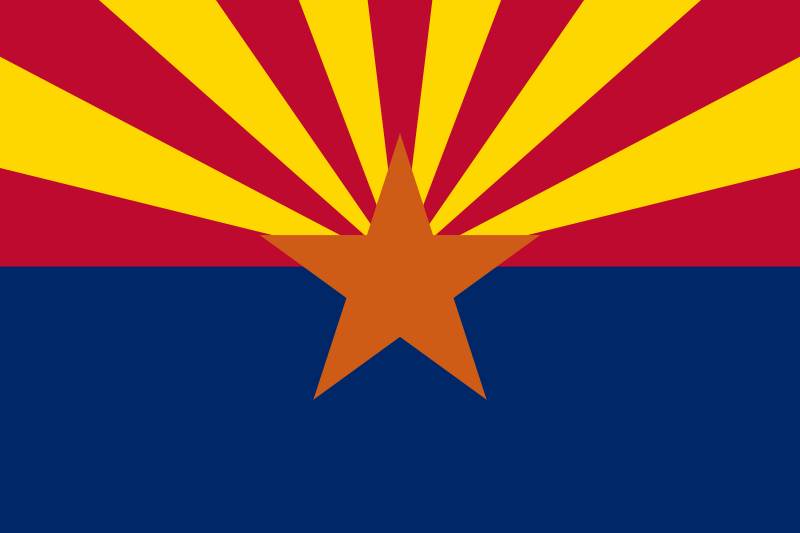
In Arizona politics, state-level candidates and PACs spent $63.7 million between Jan. 1, 2021, and Mar. 31, 2022. More than $20.1 million or 31.6 percent of all campaign finance expenditures went to the 10 payees at the top of the list. A payee is an entity or individual who has received money from a campaign…
-
Pennsylvania sees the fewest candidates running for the U.S. House since 2016

The filing deadline for candidates running for Congress in Pennsylvania this year was March 15, 2022. Forty-eight candidates are running for Pennsylvania’s seventeen U.S. House districts, including 23 Democrats and 25 Republicans. That is 2.82 candidates per district, slightly less than the 2.83 candidates per district in 2020, and less than the 4.66 in 2018. …

